Policy Commitment Document
Sustainability Policy Commitment
With this Policy Commitment, Orkla House Care commits to respect human rights, environmental, and economic sustainability, taking part in the global transition towards sustainable development.



